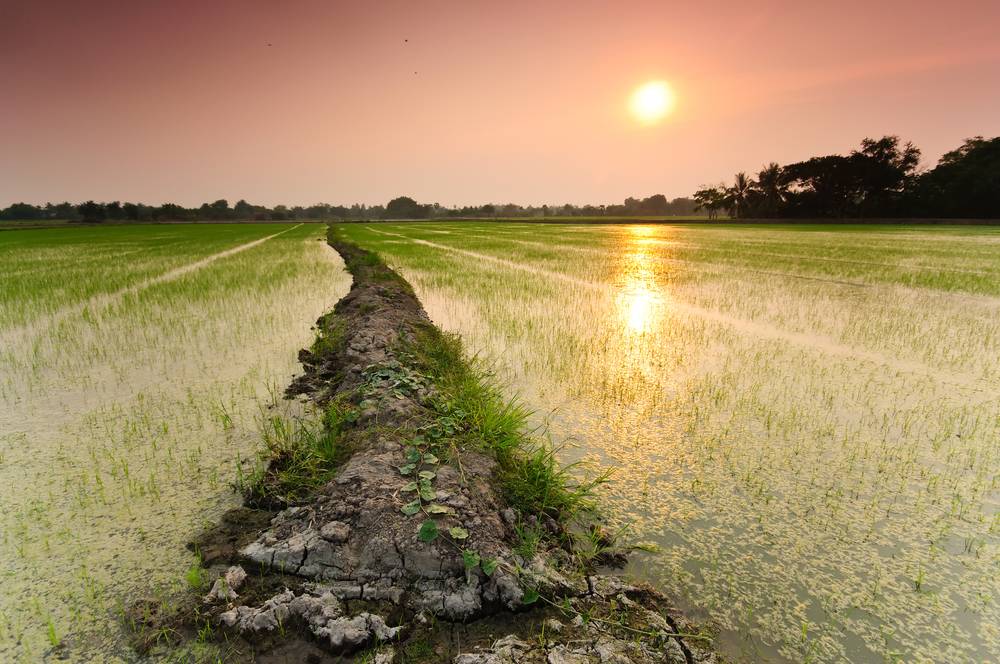 Last updated: July 1st, 2018 11:03 PM
Last updated: July 1st, 2018 11:03 PM
Soil Health Card Scheme
Soil Health Card Scheme was initiated by the Prime Minister of India for the welfare of the farmers. The scheme helps farmers know about the crops that can be planted depending on the soil based on scientific methods. By doing this, the farmers can get maximum yield while harvesting the crops. Under the scheme, based on analysis, the farmers are provided with a soil health card that determines the crops that can be cultivated in the particular soil and measures to develop the productivity of the crops. In this article, we look at the various aspects of soil health card scheme in detail.Scheme Objectives
Farmers are mostly uneducated and there were no standard guides to test the soil samples. Due to this, the farmers were uncertain of the outcome of their cultivation. By providing the soil health card, the farmers are aware of the nature of the soil and the right fertilizers that have to be used to increase their productivity. The farmers can also seek help from experts to assist them to know about the scheme. Soil health card is provided to farmers once every 3 years.Features of Soil Health Card
The features of the Soil Health Card are as follows.- The scheme intends to cover 14 crore farmers.
- The scheme is implemented in all parts of the country.
- The card guides the farmers about the soil and the apt crop that can be cultivated.
Functions of the Scheme
The authorities of the scheme collect various soil samples and these samples will be sent to the testing laboratories where experts would conduct tests on the samples. Soil samples are drawn by the State Government by the Department of Agriculture staffs by using GPS tools and revenue maps in a grid of 2.5 ha in irrigated area and 10 ha in rainfed area. Once testing is done, the experts analyze the soil samples and note the strengths and weaknesses of the soil. If there can be changes made to improve the nutrients of the soil, then experts will give suggestions to make the changes. The government includes all these information in the soil cards of the farmers in a comprehensive manner. A fee of Rs. 190 per soil sample has to be paid to the State Government to conduct tests. The fee includes the cost of collection of the soil sample, testing, generation and distribution of soil health card to the farmer.Soil Health Card
Soil Health Card contains the following details:- The health of the soil.
- Functional characteristics of the soil.
- The water content and nutrients present in the soil.
- Additional properties of the soil.
- Measures to improve the defects of the soil.
Benefits
- The farmers will be notified about the soil type and they can plant crops accordingly.
- The authorities provide a report to the farmers once in 3 years after observing the soil regularly. This makes the farmers not to be concerned about the cultivation even if the soil changes due to natural factors.
- The farmers are also given advice by the experts to improve the productivity of the crops and the necessary methods that have to be practised in order to implement the changes.
- The Government sees that the same person is carrying out all the soil analysis so that there can be further changes that can be made if required.
- The farmers will be informed about the needed nutrients in the soil.
Testing of the soil
Soil Samples are taken twice regularly in a year after the harvesting of Rabi and Kharif Crop or when there is no crop in the field. The samples will be collected by the State Government staffs where the soil will be cut to a depth of 15-20 cm in a V shape. The obtained sample will be coded and then sent to laboratories for conducting tests. The testing laboratories are also in the form of mobile vehicles so that test can be conducted in remote areas.Popular Post

In the digital age, the convenience of accessing important documents online has become a necessity...

The Atalji Janasnehi Kendra Project that has been launched by the Government of Karnataka...

The Indian Divorce Act governs divorce among the Christian couples in India. Divorce...

When an individual has more than a single PAN card, it may lead to that person being heavily penalised, or worse,...

Employees Provident Fund (PF) is social security and savings scheme for employee in India. Employers engaged...


